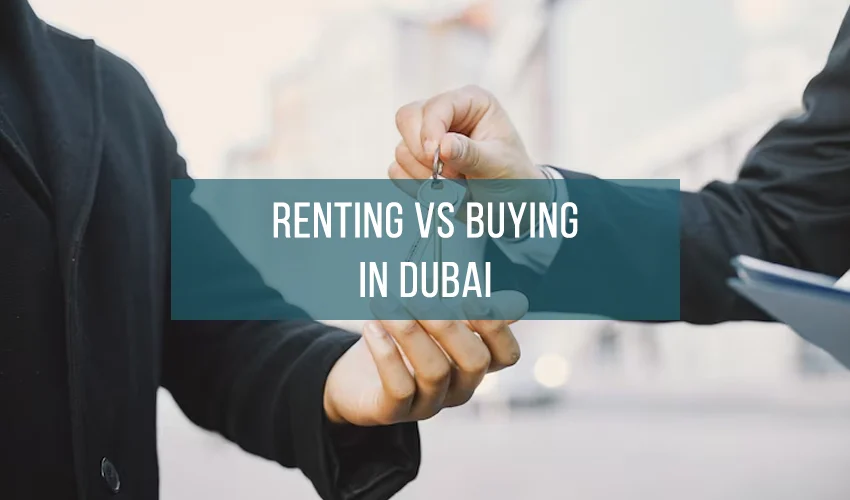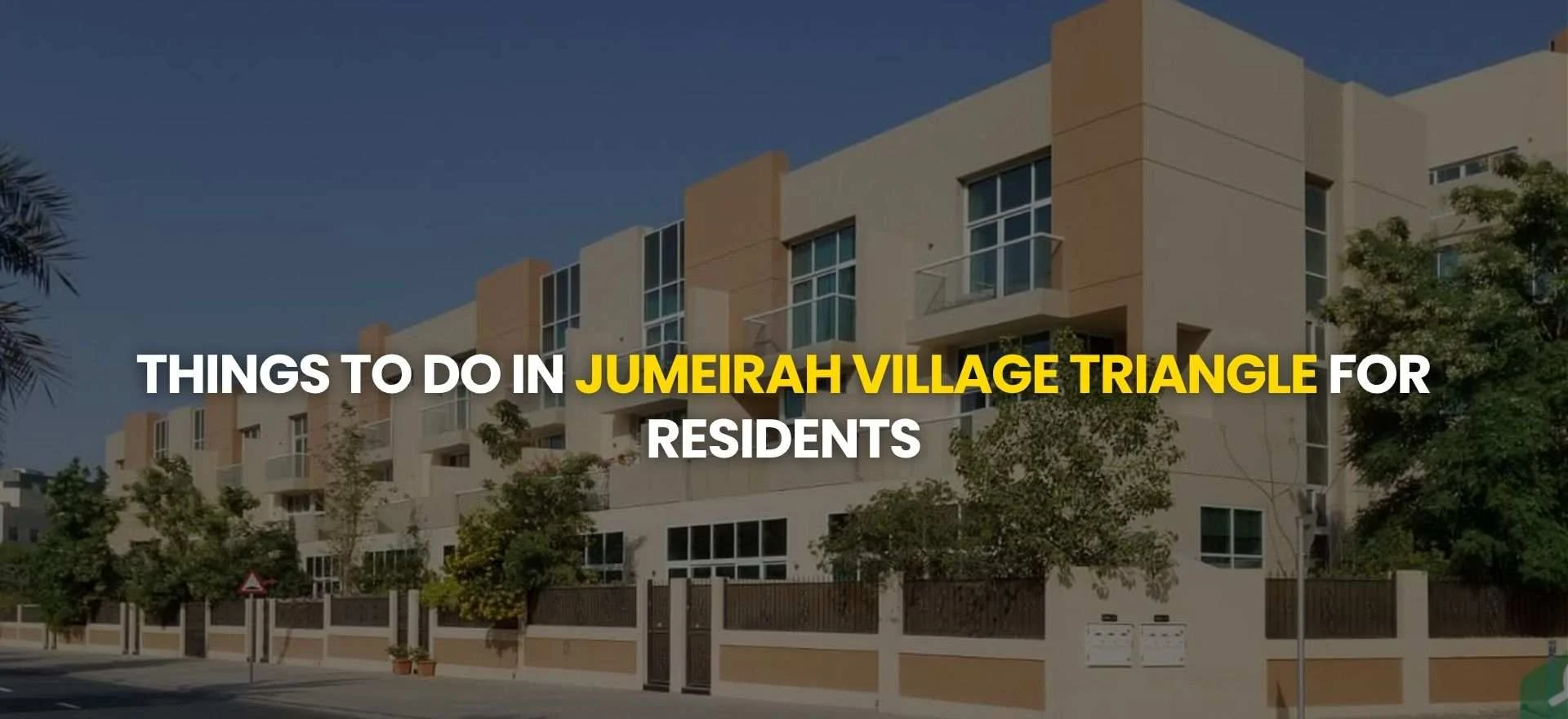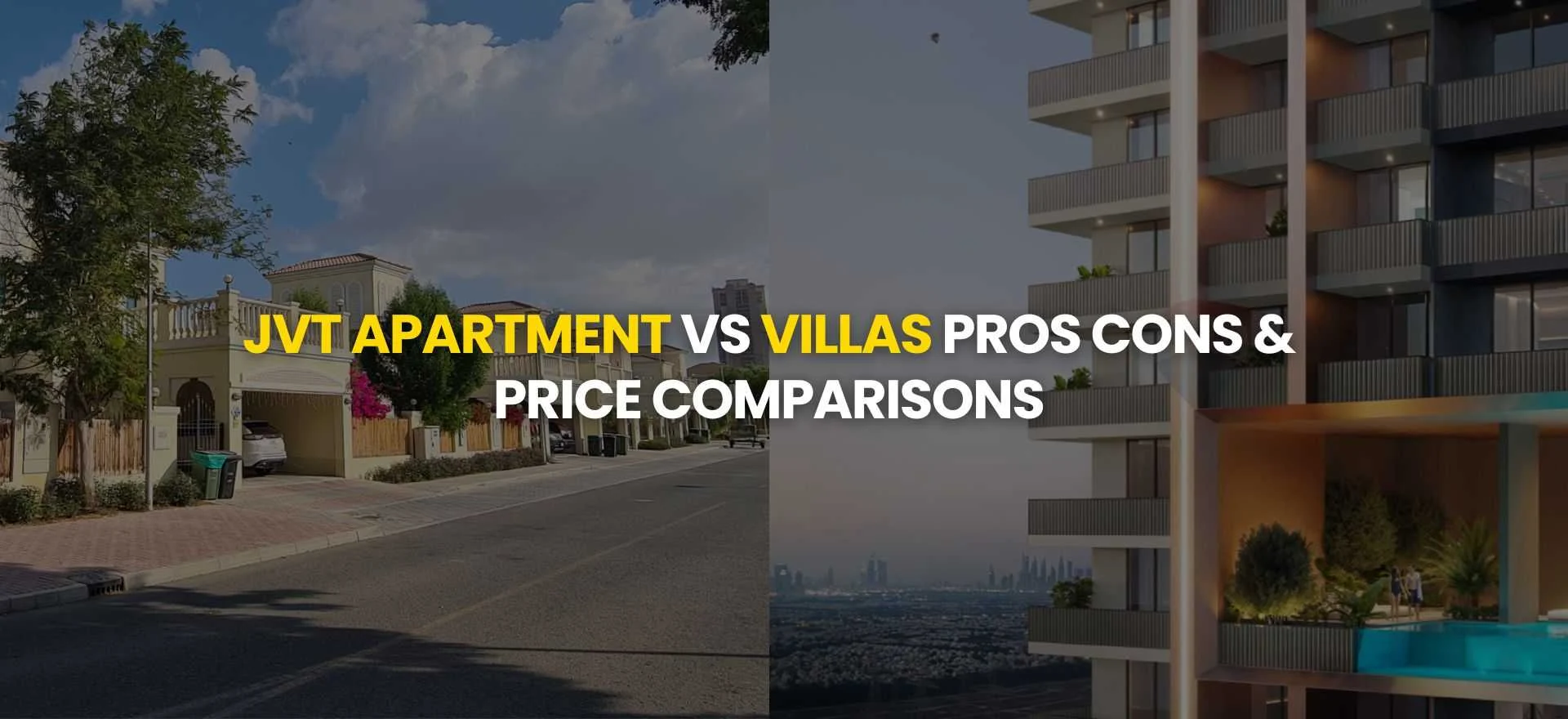- Introduction: The Dubai Property Market Overview
- Advantages of Renting Property in Dubai
- Disadvantages of Renting in Dubai
- Benefits of Buying Property in Dubai
- Challenges of Buying Property in Dubai
- Financial Comparison: Renting vs. Buying in Dubai
- Legal Considerations for Renting and Buying in Dubai
- Current Market Trends in Dubai Real Estate
- Factors to Consider When Deciding to Rent or Buy in Dubai
- Conclusion: Making the Right Choice for Your Situation
Introduction: The Dubai Property Market Overview
Dubai’s real estate market has evolved into one of the most dynamic and sought-after property markets globally. Known for its luxury properties, strategic location, and tax-free environment, Dubai offers a wealth of opportunities for investors, expatriates, and residents alike. Whether you’re considering Dubai investment properties or looking to buy property in Dubai for personal use, understanding the market’s nuances is crucial. With factors such as economic growth, population influx, and supportive government initiatives shaping the market, making an informed decision between renting and buying is essential.
Advantages of Renting Property in Dubai
Flexibility and Mobility: Renting offers unparalleled flexibility, particularly for expatriates and short-term residents who may not be ready to commit to long-term property ownership. It allows you to explore different neighbourhoods, such as those offering luxury property in Dubai, before deciding where to settle permanently.
Lower Upfront Costs: Renting requires significantly lower upfront costs compared to buying. There’s no need for a large down payment, making it a viable option for those who wish to avoid the substantial initial financial outlay associated with purchasing a flat in Dubai.
Maintenance and Repairs: When you rent, the responsibility for maintenance and repairs generally falls on the landlord. This reduces the stress and cost burden on tenants, allowing them to enjoy their living space without the worries of upkeep.
Exploring Different Areas: Renting provides the opportunity to experience living in different parts of the city. Whether it’s apartments in Dubai Marina or a flat in Dubai’s Jumeirah Village Circle, you can explore various areas before making a long-term commitment.
Protection Under Dubai’s Rent Law: Dubai’s rent laws offer protection to tenants, ensuring fair treatment and limiting excessive rent increases. This legal framework provides peace of mind for renters.
Disadvantages of Renting in Dubai
No Equity Build-Up: Renting does not allow you to build equity or ownership in a property. Over time, this can be a significant financial drawback compared to buying, where mortgage payments contribute to ownership.
Potential for Rent Increases: While Dubai’s rent laws offer some protection, tenants may still face rent increases or fluctuations based on market conditions. This can lead to uncertainty in long-term housing costs.
Limited Control Over Property: As a tenant, you have limited control over property modifications or improvements. This can be restrictive, especially if you wish to personalise your living space.
Risk of Landlord-Related Issues: Renters may face issues such as disputes with landlords or unexpected evictions, which can disrupt living arrangements and cause inconvenience.
Benefits of Buying Property in Dubai
Long-Term Investment Potential: Buying property in Dubai offers long-term investment potential and the possibility of capital appreciation. Dubai investment properties, especially in emerging areas, have shown strong growth over time.
Building Equity: Purchasing a property allows you to build equity and wealth. Each mortgage payment brings you closer to full ownership, making it a financially rewarding option in the long run.
Stability and Control: Owning a property provides stability and control over your living situation. You can make modifications, improvements, and fully personalise your space without needing approval from a landlord.
Rental Income Potential: If you choose to lease out your property, it can generate a steady stream of rental income, particularly if it’s a luxury property in Dubai, which tends to attract high-paying tenants.
Residency Visa Eligibility: Investing in Dubai properties for sale may also qualify you for a residency visa, adding an additional layer of security and convenience for expatriates.
Challenges of Buying Property in Dubai
High Upfront Costs: Buying property requires a significant upfront investment, including a down payment, fees, and taxes. This can be a barrier for some buyers, especially those new to the market.
Long-Term Financial Commitment: Owning property in Dubai involves a long-term financial commitment, with mortgage payments, maintenance, and potential market risks to consider.
Maintenance and Management Responsibilities: As a property owner, you are responsible for maintenance, repairs, and overall property management, which can be time-consuming and costly.
Complex Buying Process for Foreigners: The process of buying property in Dubai can be complex, particularly for non-GCC nationals. It’s essential to navigate the legal requirements and restrictions with the help of a reliable real estate company in Dubai, UAE, like Pantheon Development.
Ownership Restrictions: Certain areas in Dubai may have restrictions on property ownership for non-GCC nationals, which could limit your options when buying property.
Financial Comparison: Renting vs. Buying in Dubai
Cost Analysis: A detailed financial comparison between renting and buying in Dubai involves analysing monthly rent versus mortgage payments. While renting may seem cheaper in the short term, buying can be more cost-effective in the long run due to equity build-up and property appreciation.
Return on Investment (ROI): For those considering Dubai investment properties, the potential return on investment (ROI) is a critical factor. Buying a property, especially in a high-demand area, can yield significant returns over time, outpacing the costs of renting.
Tax Implications: One of the major benefits of buying property in Dubai is the absence of income tax and capital gains tax, making property ownership more financially appealing compared to other global cities.
Additional Costs: When buying, it’s important to factor in additional costs such as service charges, maintenance fees, and property management expenses. These can add up and should be considered in the overall financial plan.
Legal Considerations for Renting and Buying in Dubai
Dubai’s Property Laws: Understanding Dubai’s property laws is crucial for both renters and buyers. These laws govern tenancy agreements, property ownership, and dispute resolution, ensuring a fair and transparent real estate market.
Tenancy Contracts: For renters, it’s important to be aware of the terms and conditions of tenancy contracts, including the duration, renewal terms, and rent increase clauses.
Property Registration and Title Deeds: For buyers, the process of property registration and obtaining a title deed is a key legal step. This ensures legal ownership and protects against potential disputes.
Role of RERA: The Real Estate Regulatory Agency (RERA) plays a vital role in overseeing Dubai’s real estate market, ensuring compliance with regulations and protecting the rights of all parties involved.
Due Diligence: Whether renting or buying, conducting thorough due diligence is essential. This includes verifying property ownership, understanding legal obligations, and ensuring that all transactions are above board.
Current Market Trends in Dubai Real Estate
Property Prices in Different Areas: Property prices in Dubai vary significantly depending on the area. High-demand areas like Downtown Dubai and Dubai Marina command premium prices, while emerging neighbourhoods like Jumeirah Village Circle offer more affordable options with strong growth potential.
Emerging Investment Hotspots: Emerging neighbourhoods, such as those targeted by Pantheon Development, are gaining traction among investors. These areas offer a mix of affordability and luxury, making them attractive for both end-users and investors looking for Dubai properties for sale.
Impact of Expo 2020: Expo 2020 has had a positive impact on Dubai’s real estate market, driving demand for properties and boosting investor confidence. This event, along with other major developments, is expected to continue influencing the market in the coming years.
Global Economic Factors: Dubai’s real estate market is also influenced by global economic factors, including currency fluctuations, geopolitical events, and international investment trends. These factors can affect property prices, demand, and overall market stability.
Factors to Consider When Deciding to Rent or Buy in Dubai
Length of Stay: Consider how long you plan to stay in Dubai. If your stay is short-term, renting may be more practical. However, if you plan to reside in Dubai long-term, buying could offer greater financial benefits.
Financial Situation: Evaluate your financial situation, including income stability, savings, and long-term financial goals. Buying property in Dubai is a significant investment, so ensure you are financially prepared for the commitment.
Career Stability: Your career stability and income potential can influence your decision to rent or buy. A stable job and income stream may support a mortgage, while uncertain job prospects might make renting a safer option.
Lifestyle Preferences: Consider your lifestyle preferences, such as the desire for flexibility versus the need for stability and personalization in your living space. These factors can guide your choice between renting and buying.
Risk Tolerance: Assess your risk tolerance and investment strategy. Real estate can be a volatile market, so it’s important to understand the risks involved in property ownership versus the relative safety of renting.
Conclusion: Making the Right Choice for Your Situation
When deciding between renting and buying property in Dubai, it’s essential to consider your personal circumstances, financial situation, and long-term goals. Both options offer distinct advantages and challenges, and the right choice depends on your individual needs and preferences. Whether you’re exploring Dubai properties for sale or looking for a short-term rental, conducting thorough research and seeking professional advice will help you make an informed decision.
As Dubai’s real estate market continues to grow, both renting and buying remain viable options, each offering unique benefits. For those interested in long-term investment opportunities, partnering with a reputable real estate company in Dubai, UAE, like Pantheon Development, can provide valuable insights and access to prime properties in this vibrant city.




